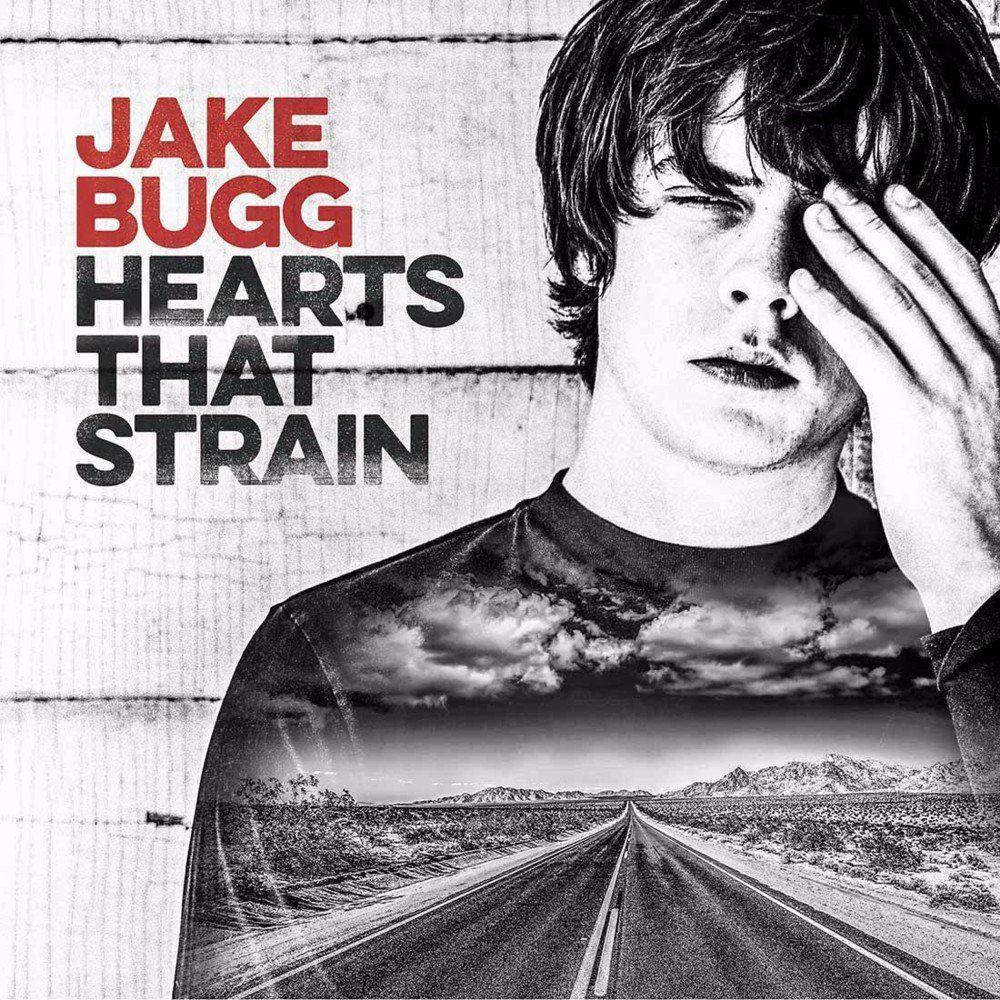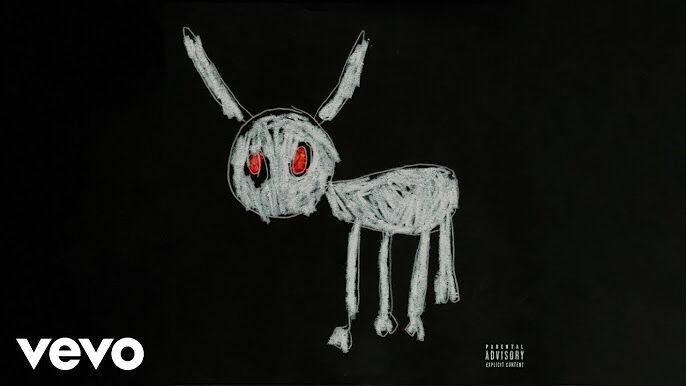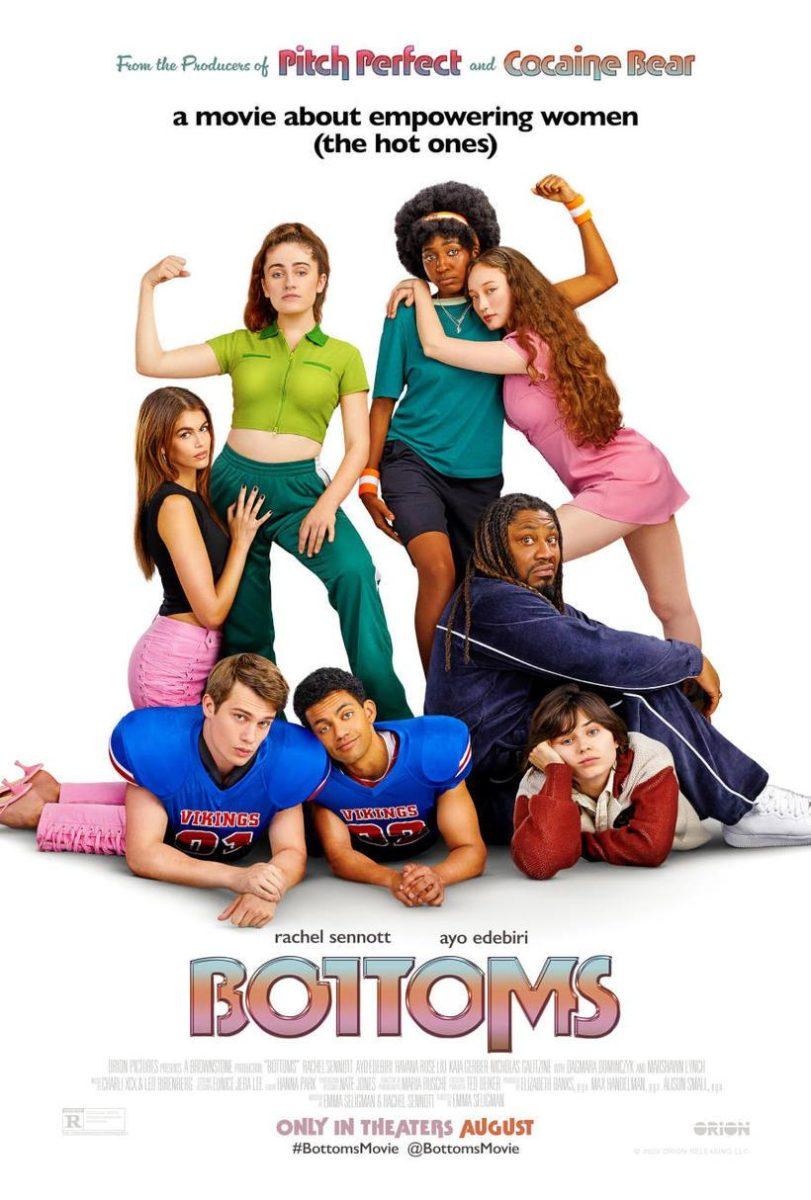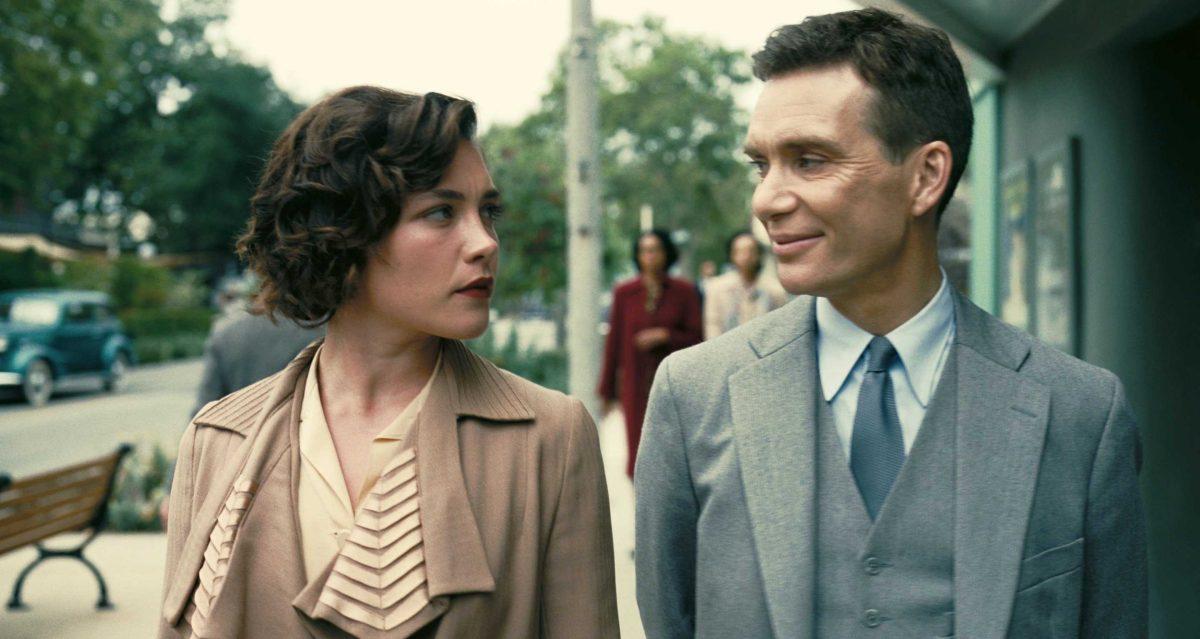STARS: 2.5/5
Five years after his critically acclaimed self-titled debut, British singer-songwriter Jake Bugg is back with “Hearts That Strain,” his foray into Americana.
From the album cover alone — which has Bugg wearing a shirt showing a vast American desert landscape — it’s obvious that his new album is a departure from the distinctively British acoustic music he was making at 17. Part of this can be attributed to the collaborations on the album.
Dan Auerbach, of the Black Keys, contributes to the album with his distinctive blues-rock sound. The Memphis Boys, who have played with the likes of Elvis Presley and Dusty Springfield, provide instrumentation. Recorded in Nashville and featuring a duet with Noah Cyrus, Bugg tries to conjure up a quintessentially American atmosphere.
He succeeds in evoking the breezy and expansive mood of the West, but his vocal delivery often fails to match, and many of the tracks are forgettable and generic.
The album opens with first single and standout, “How Soon The Dawn,” an easygoing throwback to the softer sounds of the ‘60s and ‘70s. The Latin-tinged track is catchy, bluesy and fun, unlike much of the rest of the album.
The album’s first half is comprised of unadventurous country songs that fall into a pattern of similarity due to Bugg’s uninterested intonation. On previous albums, his signature thin croon has felt appropriate, but it does not mesh well with the strong, instrument-heavy arrangements found on “Hearts That Strain.”
One obvious exception is the sole duet on the album, “Waiting,” featuring Noah Cyrus. Complete with horns and aching harmonies, the track, reminiscent of a classic Southern soul duet from the ‘60s, is the most welcome departure on the album. Bugg’s desperation is heard in his longing inflection, and Cyrus’ sweet country twang compliments — if not overpowers — it.
The bluesy title-track itself also provides relief from the repetitiveness, making use of a dark and spare arrangement. The track is atmospheric and mysterious, creating a less accessible but more rewarding listening experience.
Most of the upbeat tracks generally falter in insincerity, such as Auerbach-produced “Burn Alone,” where it’s obvious to see the Black Keys influence not carried out to its full potential.
Long gone is the cutting lyrical wisdom and harsh guitar sounds that distinguished Bugg from his peers years ago. Instead, Bugg plays it safe on “Hearts That Strain,” making for an unwelcome addition to the oversaturated folk revitalization movement of the 2010s.
Listen to “Hearts That Strain” below.








